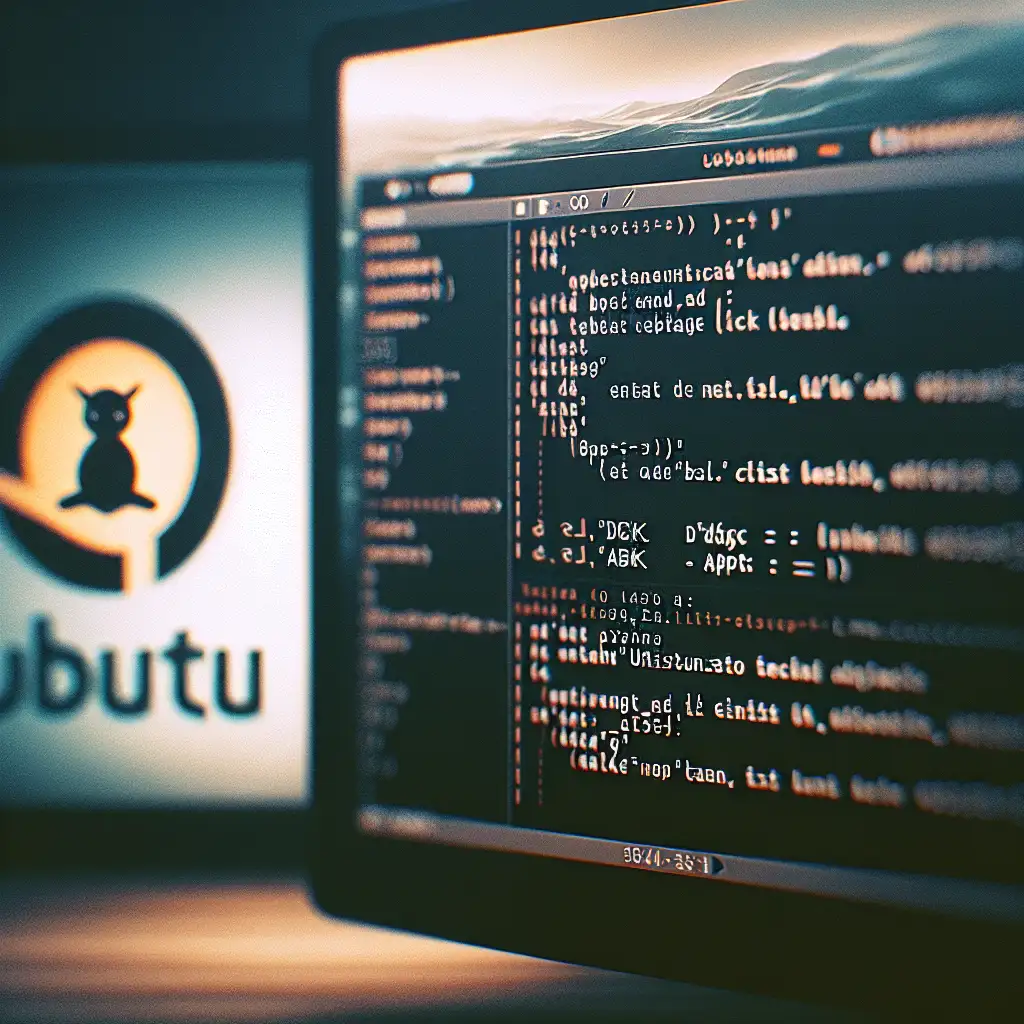Mastering the Installation of .deb Files in Ubuntu: Beyond the Basics
Consider a classic problem: you need to deploy a proprietary monitoring agent on Ubuntu 22.04, only available as a .deb from the vendor. No PPA, no repo. You can't use apt-get to gloss over the details—every action must be deterministic and auditable.
The Anatomy of a .deb
A .deb archive is more than just binaries. Each package includes:
data.tar.gz: The actual files (binaries, libraries, configs)control.tar.gz: Package scripts and metadata (postinst, prerm, dependencies)debian-binary: Format version (current: 2.0)
Inspect contents before proceeding:
ar x example-package_1.2.3_amd64.deb
tar -xf data.tar.gz
tar -xf control.tar.gz
Engineer’s note: Many breakages originate from incomplete or malicious postinst scripts. Always review the postinst and prerm if you’re running untrusted software.
Direct Installation: dpkg
Simple install:
sudo dpkg -i example-package_1.2.3_amd64.deb
If dependencies are missing, you’ll find:
dpkg: error processing package example-package (--install):
dependency problems - leaving unconfigured
Here, dpkg is intentionally dumb: it lays down files but skips resolver logic. Your workflow should be:
- Run
dpkg -i - Repair unmet dependencies
sudo apt-get install -f
This triggers apt to resolve and configure missing dependencies.
apt: Smarter, Safer
Since Ubuntu 18.04, apt accepts local .deb files and resolves dependencies automatically.
sudo apt install ./example-package_1.2.3_amd64.deb
The ./ avoids confusion—otherwise, apt assumes a repo package.
Side effect: apt will hold the package if a newer version appears in the repository, unless you pin it. Check with:
apt-cache policy example-package
Preinstall Audit: Extract, Inspect, Simulate
Blind installation rarely works on “controlled” hosts. Instead:
| Action | Command |
|---|---|
| Extract files | dpkg-deb -x example-package_1.2.3_amd64.deb ./unpacked/ |
| Grab control | dpkg-deb -e example-package_1.2.3_amd64.deb ./unpacked/DEBIAN |
| Dry run | sudo dpkg --dry-run -i example-package_1.2.3_amd64.deb |
Check for, e.g., postinst scripts that touch critical files, or any unknown systemd unit activations.
Dependency Hell, Non-Standard Repos
A typical snag: you need libfoo1 >= 2.1.0, but this dependency isn’t in any repo.
Identify dependencies:
dpkg-deb -f example-package_1.2.3_amd64.deb Depends
# Or for full metadata:
dpkg-deb -I example-package_1.2.3_amd64.deb
Resolutions:
- Manual fetch from packages.ubuntu.com. Validate checksums; stale mirrors are not rare.
- Install the required dependencies:
sudo dpkg -i libfoo1_2.1.0_amd64.deb sudo dpkg -i example-package_1.2.3_amd64.deb - Or use
gdebiif you want minimal automation on dependency resolution:
Note:sudo apt install gdebi-core sudo gdebi example-package_1.2.3_amd64.debgdebiwon’t handle circular dependency loops or non-repo edges.
Clean Uninstall
To remove:
sudo apt remove example-package
Purge configs as well:
sudo apt purge example-package
List installed files (sometimes needed for verifying system drift):
dpkg -L example-package
Known issue: dpkg can leave orphaned configuration files if you’ve manually manipulated /etc.
Non-obvious Tip: Version Freezing & Rollback
Pin a manually-installed package to prevent accidental upgrade:
sudo apt-mark hold example-package
If you must roll back, and you have the prior .deb, apply:
sudo dpkg -i example-package_1.2.2_amd64.deb
Check that no residual configs skew old/new behavior.
Summary
Direct .deb handling is fundamental when exact version pinning, offline installs, troubleshooting, or compliance audits are at stake. Don’t trust graphical updaters or “one click” scripts—verify what a package will do to your filesystem, ensure you have all required dependencies present, and validate removal paths up front.
For actual deployments: Keep a local cache of .deb files, document SHA256 checksums, and script your install/removal actions exactly as you want them to run in CI or on production assets. Anything less risks silent drift.
Sample scenario:
To test, fetch a package (e.g., htop_3.0.5-7build2_amd64.deb), extract it with dpkg-deb -x, scan the control files, install via apt, and confirm via dpkg -L htop what landed on disk.
Avoid surprises—make .deb a first-class tool, not a black box.
